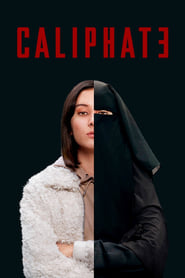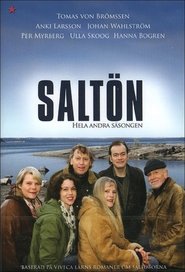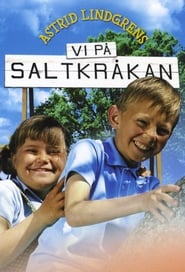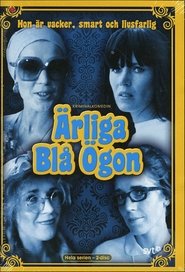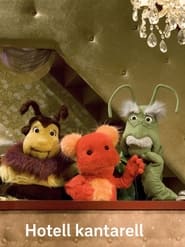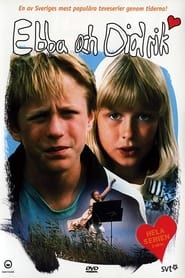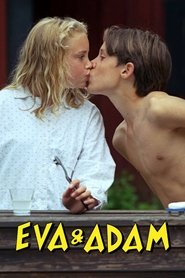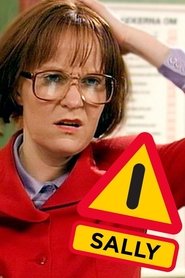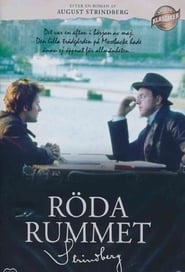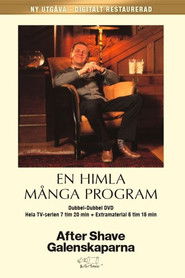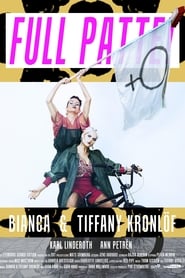Svt1 TV Series - Page 5
-
Caliphate
2020
star 7.3National Security agent Fatima receives a tip that a terrorist attack against Sweden is in the planning stage. Meanwhile Sulle, a teenage girl in Stockholm, gets interested in her student assistant who opens doors to a new and fascinating world - the true path. Kalifat is a thriller about the intermingled fates of five young women who get caught up in the seducing and destroying force of religious fundamentalism. -
Life on Seacrow Island
1964
star 7Vi på Saltkråkan is a Swedish TV series in 13 25-minute episodes from 1964. The script for the series was written by Astrid Lindgren, who later re-wrote it as a book, also titled Vi på Saltkråkan. Astrid Lindgren was closely involved in the filming and editing of the series, which took place on Norröra in the Stockholm archipelago. The series was produced and directed by Olle Hellbom. -
Emil of Lönneberga
1975
star 7.4Emil i Lönneberga is a Swedish television adaptation of Astrid Lindgren's Emil i Lönneberga books -
Ärliga blå ögon
1977
star 5.5A young female scammer relying on her innocent blue eyes and ability to disguise herself tries to avoid the police that are getting ever closer. -
Hotell Kantarell
0000
-
Gynecologist in Askim
2007
star 4.7Henning, a gynaecologist with a private practice in his own home in Askim (a semi-posh residential area of Gothenburg), has to deal with the most intimate problems of even his closest friends and neighbours. Henning's own sex life and relationships suffer in the process. Light-hearted comedy with dark streaks dealing with everything from coming out to getting back in. -
Veckans brott
2010
star 8"Crime of the Week" - is a crime show featuring criminal expert Leif G.W. Persson. The show discusses and tells stories about both cold cases and current crimes. -
Ebba och Didrik
1990
star 6.1Two siblings, Ebba and Didrik, live in small society by the sea. An ordinary family with usual struggles. They're looking for love in different ways, but it's easier said than done. -
Before We Die
2017
star 6.9The police woman Hanna Svensson has a strained relationship to her son after having arrested him for drug dealing. Her married police man lover disappears, possibly kidnapped by MC gangs, although ties to Bosnia also appear. -
Vänligen: Lars Lerin
2016
star 10Lars Lerin is one of Sweden most beloved artists. Now he seeks new friends and meet creative people he honestly wants to get to know. -
Eva & Adam
1999
star 5.9Eva & Adam is a Swedish TV series consisting of two seasons. The original airdate for the first episode was 30 January 1999. The show is about a boy, Adam Kieslowski, and a girl, Eva Strömdahl. Adam has Polish ancestry; his father is Polish. Eva is a Swedish girl. The two children live in Liljeholmen, a district of the Swedish capital Stockholm. During the show, Eva and Adam fall in love. Sometimes there are obstacles, but after a while a true love has developed. Other storylines in the show include friendship and bullying. The show is based on the comic books with the same name. There was also a successful feature film made, called Eva & Adam - Fyra Födelsedagar och ett Fiasko. -
The Guldbagge Awards
1981
star 5.5The Guldbagge Awards is an official and annual Swedish film awards ceremony honoring achievements in the Swedish film industry. Winners are awarded a statuette depicting a rose chafer, better known by the name Guldbaggen. The awards, first presented in 1964 at the Grand Hôtel in Stockholm, are overseen by the Swedish Film Institute. It is described as the Swedish equivalent of the Academy Awards. The awards ceremony was first televised in 1981. -
Sally
1999
Sally
1999
-
The Red Room
1970
star 7A young idealistic civil servant, Arvid Falk, leaves the drudgery of bureaucracy to become a journalist and author. As he explores various social activities—politics, publishing, theatre, philanthropy, and business—he finds more hypocrisy and political corruption than he thought possible. He takes refuge with a group of "bohemians", who meet in a red dining room in Berns Salonger to discuss these matters. -
Muren
2020
star 5.5In this quiz show, regular swedes face a wall of celebrity experts in different subjects. It is not enough to win one duel, you must defeat them all to tear down the wall. -
Full patte
2014
star 7.7Sisters Bianca and Tiffany Kronlöf offer exciting, original, outspoken, socially critical and colorful humor.
